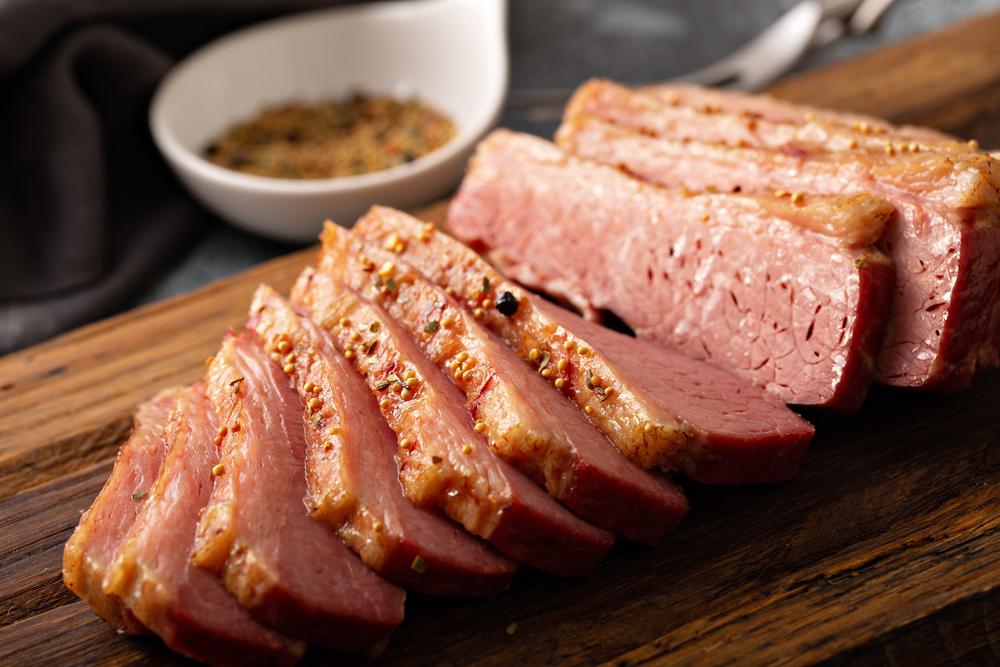Australians may see lab-grown or ‘cultivated’ meat on supermarket shelves within the next decade, according to a food and health expert.
“Our goal is to see products dominate supermarket shelves within the coming 5-10 years,” Professor Johannes le Coutre from UNSW School of Chemical Engineering said.





